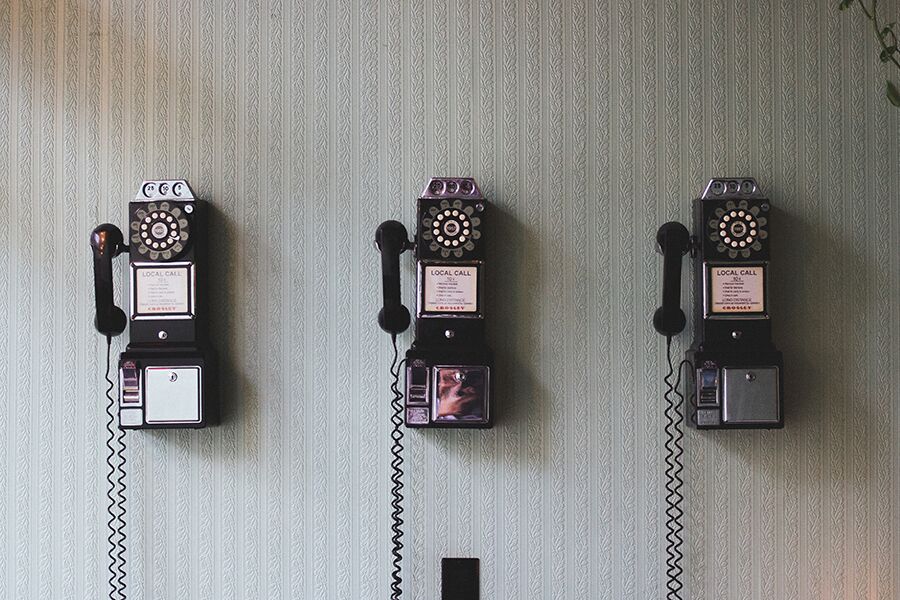Over recent years, telephone calls have slowly declined in popularity. Instant messaging, emails, and video conferences have all played a huge role in this, in some circumstances providing a more convenient or appropriate method of communication. So the question is, will telephones move on to the realms of out-dated technology, the forgotten toys, an obsolete, archaic invention in the eyes of future generations?
In reality, this seems highly unlikely. The simple fact is that there are many situations in which a phone call is undoubtedly the best and most appropriate means of communication. For example, if you are working from home – perhaps on a day off, perhaps this is your permanent situation – and wish to speak with a colleague, investor, employee, or just about anybody in your professional life, a telephone call may easily be your best bet. Instant messaging may seem too informal and intimate an option, while email probably will not allow the full elaboration, explanation and interaction necessary for a fruitful discussion. Holding a video conference with them would perhaps be too detrimental to your relatively formal relationship and the professional environment you wish to create for your discussion, as it would show you in the relaxed comfort of your home, something you may not wish to be seen. A simple telephone call eliminates all of these issues, and allows an efficient, reciprocal and hopefully productive conversation to take place, without revealing your whereabouts or preventing an easy flow of discussion. Clearly, then, telephone calls can never die out, as they will always have countless uses which no other technology can fulfil.
New developments, such as call recording and conference calling, have also helped lend the telephone call a brand new, fresh lease of life. Call recording now allows you to keep a full, indisputable record of what was said in a telephone meeting, in a way that would be very difficult to achieve in a face to face meeting without making people feel on edge and self-conscious by the presence of a camera. This also has reduced the need to take rushed notes during a telephone meeting, and reduces the need to ask for people to repeat themselves or explain a reference, as you can simply check these things later. Moreover, call recording provides an ideal way to keep a whole team in the loop, as you can simply send them a copy of the recording, rather than having to hold a separate meeting to brief them on what was said.
Conference calls, too, have revived the telephone as a technology. Now you can host whole meetings, with dozens of participants, for hours at a time, from wherever you wish. Simply instruct the participants to dial into your conference call room at an allotted time, and a free, open discussion can be held without the need for hours of travel to get to a meeting. This is, without a shadow of a doubt, a far better option than a group email, which often becomes convoluted, confusing and completely off-topic. These are also easy to ignore or miss, and take away from the ease of discussion provided by actually being able to speak.
It seems clear, then, that the telephone call simply cannot die out – it will always have an irreplaceable role in our lives. If anything, the phone call is growing, becoming more useful than ever and covering more and more of our daily needs, in both our personal and professional lives. It really is an immortal technology.




